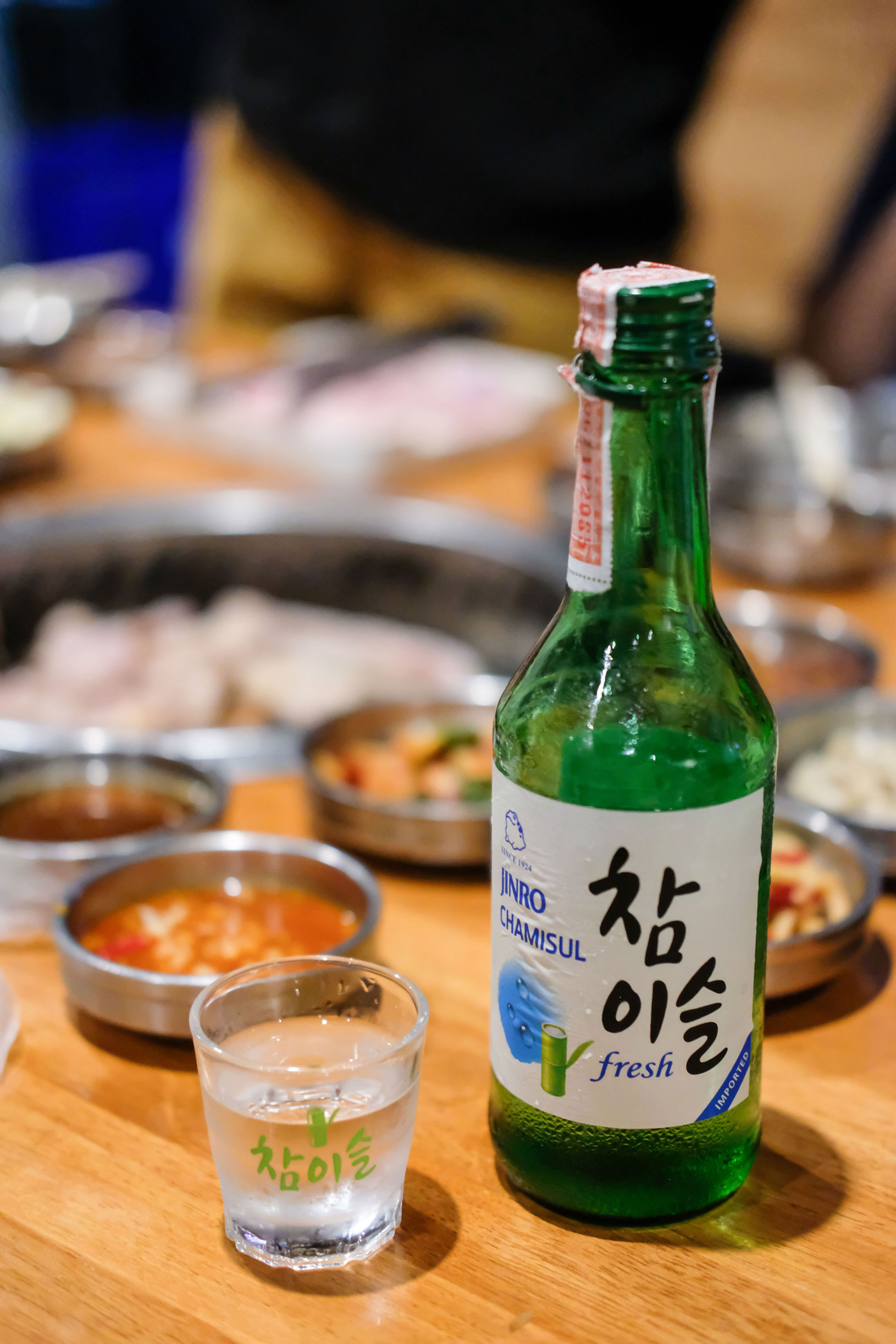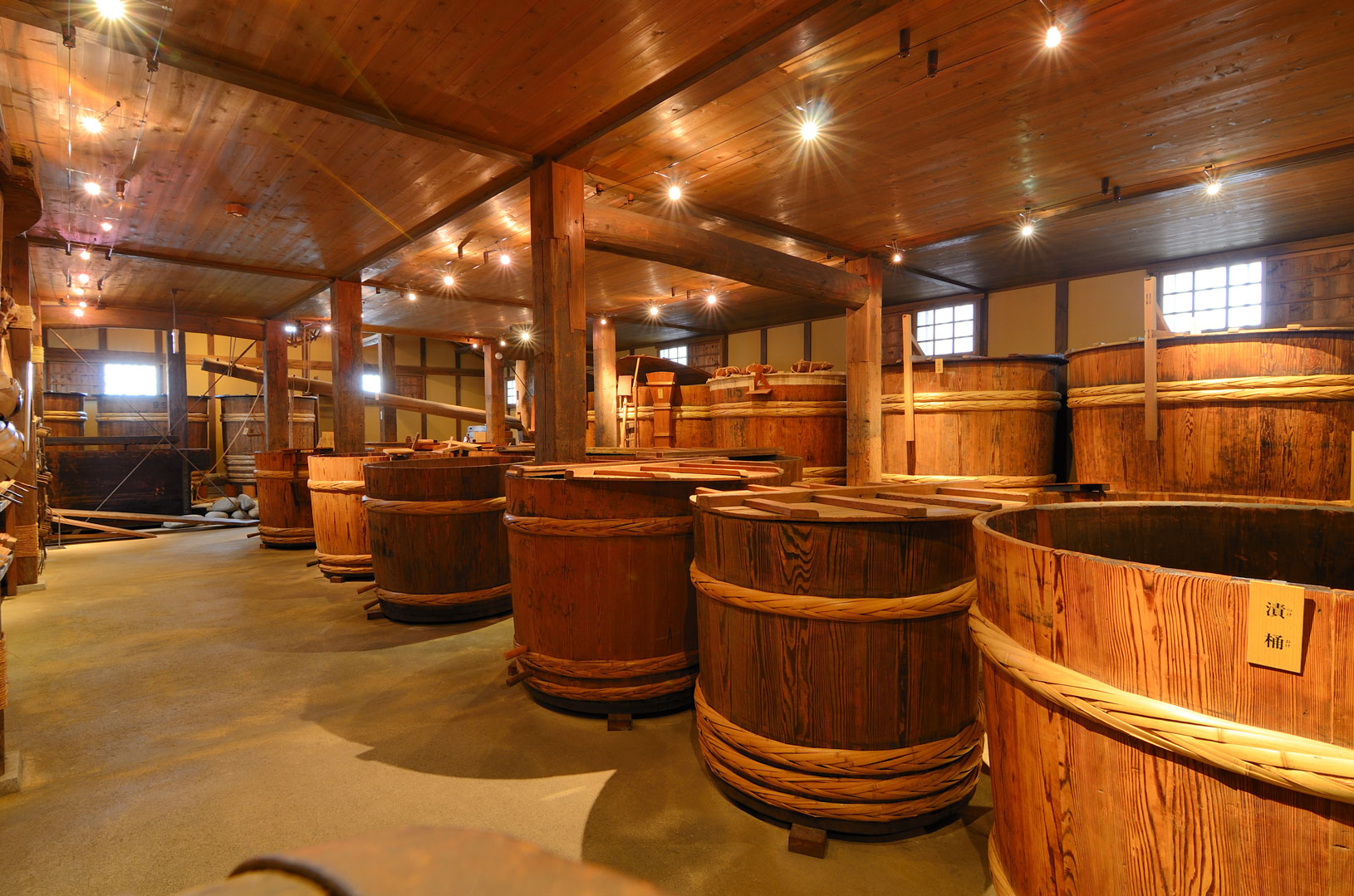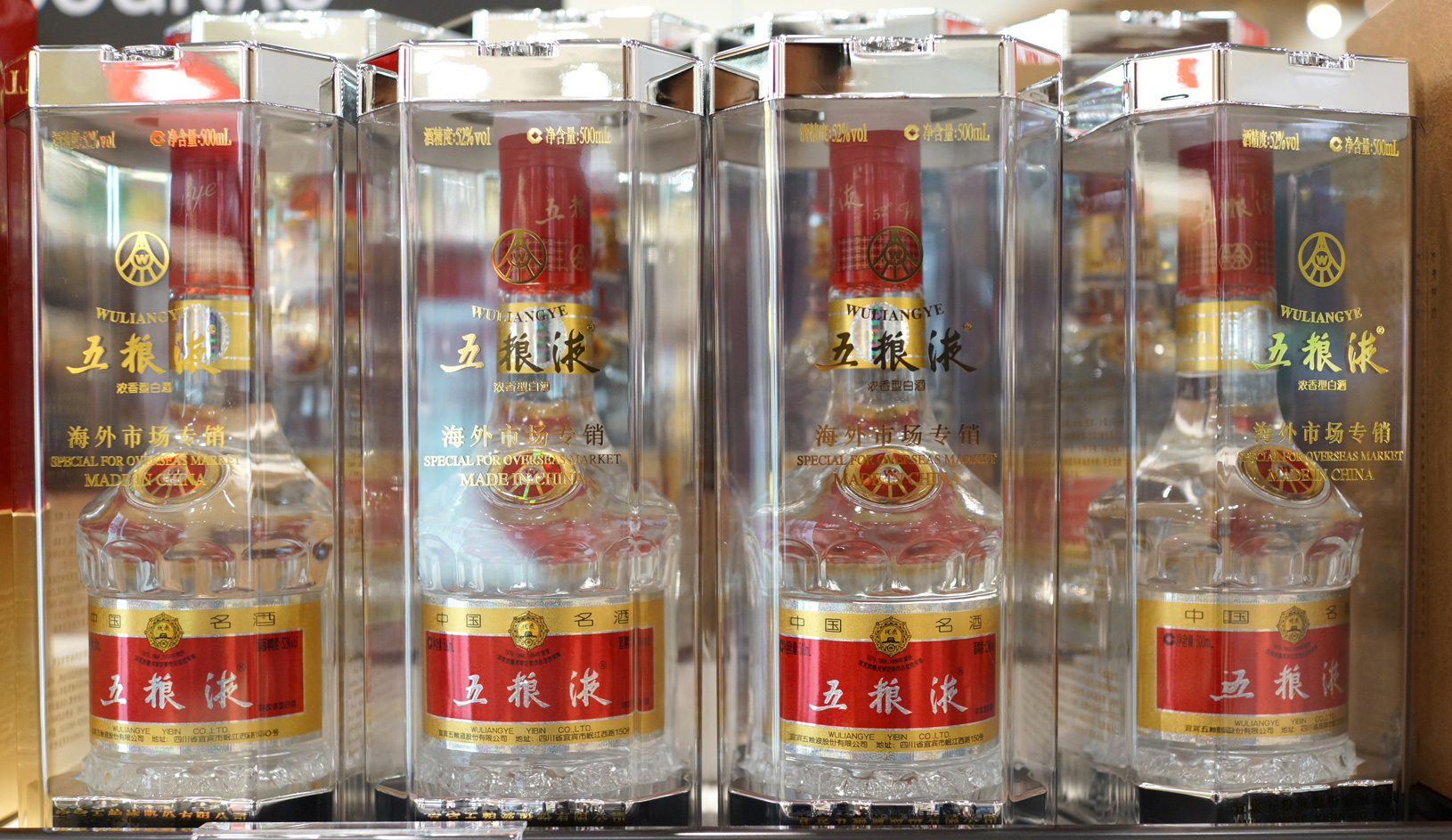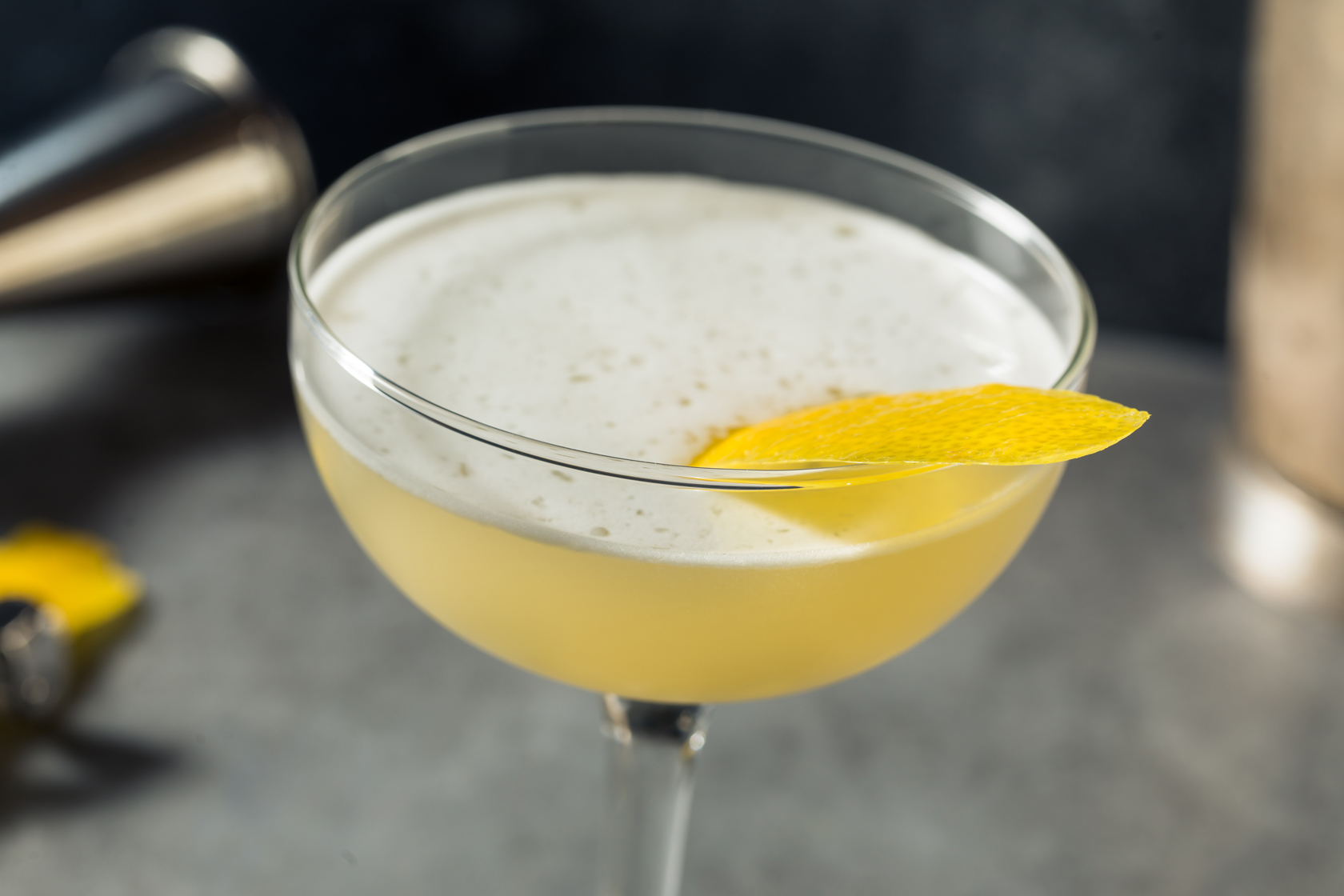Sip and savor the various spirits of this endlessly fascinating region.
Mention sake and most Westerners picture a cup of fermented rice wine served alongside their sushi. For the Japanese, however, sake refers to alcohol in general, while the country’s signature beverage is known as nihonshu. Nihonshu has been made in Japan for thousands of years, and the traditional brewing method using koji, a type of fungus, was recently recognized as an intangible cultural asset.
Of course, nihonshu is just one of the tempting tipples that connoisseurs can imbibe in while exploring Asia with Seabourn. Each country in the region produces its own wines and liquors with distinctive characteristics and flavors. Here is a tasting tour through Asia’s many palate-pleasing spirits.
Awamori — The oldest distilled alcoholic drink in Japan has roots in the 15th century, when the former Ryukyu Kingdom — what is now Okinawa Prefecture — flourished as a trading hub. Merchants from Siam (present-day Thailand) shared the process for distilling alcohol, and that technique has remained variably unchanged ever since. Indica Thai rice is soaked in water and sprinkled with black koji, then fermented before undergoing a single distillation that results in a sweet, vanilla-like flavor. Awamori is believed to be the predecessor of shōchū, another distilled Japanese spirit that can be made from rice, sweet potato, buckwheat or barley.
Umeshu — Although referred to as plum wine, umeshu is more of a liqueur made from unripened ume (plums) that are soaked in sugar and alcohol, usually shochu or nihonshu. The resulting beverage is a delightful balance of sweet and sour with a bit of a kick; it is usually served chilled, on the rocks, or mixed with mineral water (mizuwari) or soda (umeshu sawa).
Baijiu — This clear, high-proof distilled spirit has been produced in China for more than 1,000 years. While few Westerners have even heard of the beverage, baijiu is the most-popular spirit in the world with an estimated 17 billion bottles produced each year. Most baijiu is made from the cereal grain sorghum, although rice, wheat, and corn are also used. The aroma and flavor can vary widely, from light and crisp to savory and meaty.
Kaoliang — The Taiwanese version of baijiu, kaoliang is made from fermented sorghum grain grown on Kinmen, a small island lying just off the Chinese mainland. (Kaoliang comes from gāoliáng, the Mandarin word for sorghum.) This potent concoction goes down smoothly but be aware: most brands have a 58% alcohol content.
Soju — South Koreans consume more than a bottle per week of this popular distilled beverage, which is akin to baijiu and kaoliang. During the 1950s soju producers, who were banned from using rice during the Korean War, turned to other grains such as barley, tapioca, and sweet potato; sugar was added during the distillation process, giving the spirit a slightly sweet taste. This inexpensive, “green bottle” soju makes up the vast majority sold, although the rice-crafted version is once again popular and has a crisper flavor with a hint of apple.
Sansachun — This Korean rice wine is flavored with sansa (hawthorn fruit), creating a slightly sour taste. Sansachun was traditionally used as a medicinal drink to calm the nerves, improve nausea, and even prevent hangovers. Today it is part of the mainstream drinking culture in South Korean, often mixed with cherry brandy in a Cherry-Chun.
Lambanog — Known as “Philippine vodka,” lambanog is a distilled liquor made from coconut nectar. The age-old procedure involves collecting sap from the coconut flower (similar to rubber tapping), which is fermented to create tuba, a popular coconut wine. The tuba is then further distilled to make lambanog. Mostly produced in the Tagalog region, this spirit has a light taste and sweet, fruity finish that belies its potency — usually 80 to 90 proof. Lambanog is traditionally served pure or as the base for various cocktails, although flavors such as jackfruit, mango, and even bubblegum.
Rượu Nếp — Also known as rượu gạo, rượu đế and rượu quốc lủi, the Vietnamese version of rice liquor is made from black glutinous rice wrapped in banana leaves and left to ferment with yeast. Traditionally brewed at home and in small quantities, rượu nếp has a high alcohol content (around 40%), appears cloudy when unfiltered, and is often infused with ginseng and other herbs.
Mekhong — Named for the mighty Mekong River, Thailand’s national spirit is a spiced rum traditionally distilled from molasses and glutinous rice. A blend of exotic Thai spices and herbs gives mekhong a pungent aroma with flavors of ginger, brown sugar, vanilla and tropical fruit. It is often used in cocktails such as the Sabai Sabai, a combination of mekhong rum, Thai basil, lemon juice, syrup and soda that is served as the official welcome drink to guests in the country.
Make your own delicious discoveries on an ultra-luxury cruise to Asia with Seabourn and savor the many flavors of Japan, Vietnam, Thailand and beyond.
Consider these upcoming voyages:
14-Day Japan's Crafts & Cherry Blossoms
DEPARTS: Tokyo, Japan
ARRIVES: Yokohama, Japan
Mar 16, 2026
from $9,349*
Explore Itinerary*Per Person, USD. Taxes and Fees are included. Additional terms apply.
14-Day Japan's Crafts & Cherry Blossoms
DEPARTS: Yokohama, Japan
ARRIVES: Tokyo, Japan
Mar 30, 2026
from $10,624*
Explore Itinerary*Per Person, USD. Taxes and Fees are included. Additional terms apply.
10-Day World Cruise: Jewels Of Japan
DEPARTS: Hong Kong, China
ARRIVES: Busan (Pusan), South Korea
Apr 4, 2026
from $5,524*
Explore Itinerary*Per Person, USD. Taxes and Fees are included. Additional terms apply.
 Chamisul Soju
Chamisul Soju
 Sake Brewery
Sake Brewery
 Chinese Baijiu
Chinese Baijiu
 Korean Soju Sour Cocktail
Korean Soju Sour Cocktail
Consider these upcoming voyages:
14-Day Japan's Crafts & Cherry Blossoms
DEPARTS: Tokyo, Japan
ARRIVES: Yokohama, Japan
Mar 16, 2026
from $9,349*
Explore Itinerary*Per Person, USD. Taxes and Fees are included. Additional terms apply.
14-Day Japan's Crafts & Cherry Blossoms
DEPARTS: Yokohama, Japan
ARRIVES: Tokyo, Japan
Mar 30, 2026
from $10,624*
Explore Itinerary*Per Person, USD. Taxes and Fees are included. Additional terms apply.
10-Day World Cruise: Jewels Of Japan
DEPARTS: Hong Kong, China
ARRIVES: Busan (Pusan), South Korea
Apr 4, 2026
from $5,524*
Explore Itinerary*Per Person, USD. Taxes and Fees are included. Additional terms apply.
Savor the sparkling, tongue-tingling flavors of Thai food in Bangkok.
Curate your perfect day in Tokyo
Once the sun goes down, this Vietnamese megacity really lights up.
Find your bliss while exploring Japan’s natural bounty with Seabourn.

